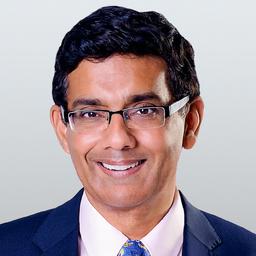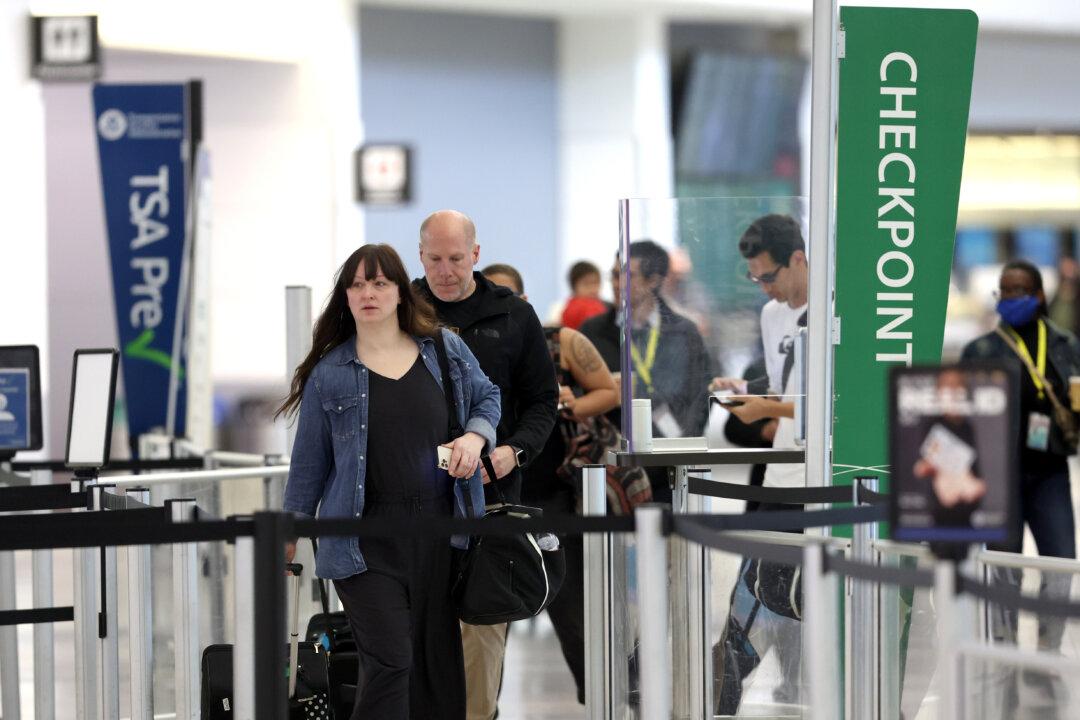Commentary
One of my most vivid memories from my student days at Dartmouth in the 1980s was when the Afro-American Society organized a film presentation of the horrors of slavery. I viewed the film, which was gruesome in its depiction of whipping, maiming, and even the murder of slaves.





